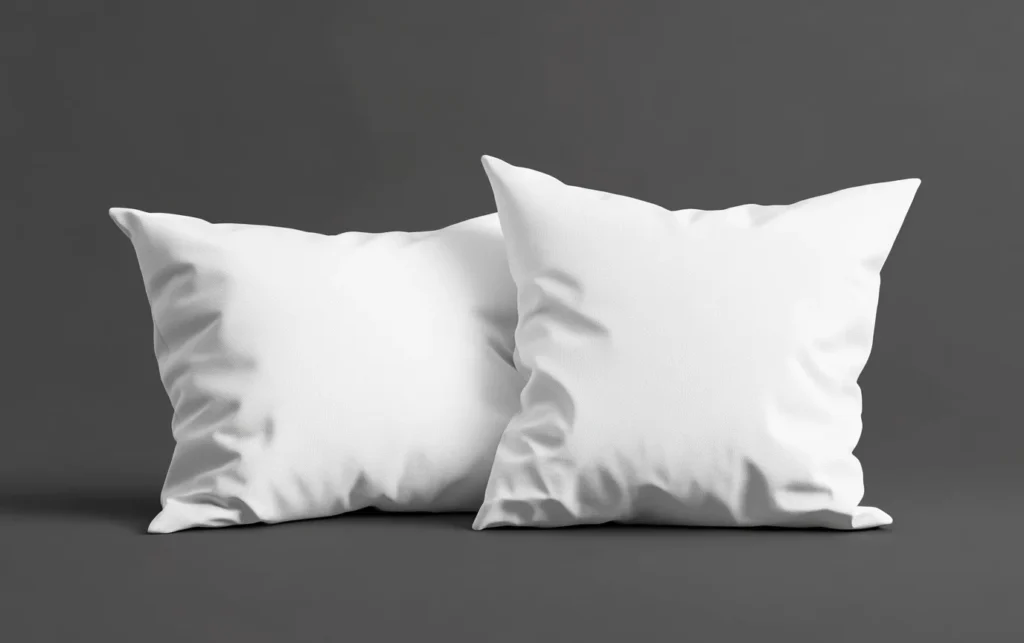Surprisingly, there are many reasons why sleeping on two pillows might not be ideal. While some explanations are rooted in superstition, others have quite practical and logical foundations. Sleep practices, as shaped by traditions and modern health insights, offer valuable advice and precautions.
Here are some reasons why previous generations and experts advise against sleeping on two pillows.
For a Single Person
It is believed that sleeping with two pillows can subconsciously hinder your efforts to find a partner. Seeing two pillows might create a false sense of companionship, tricking your subconscious into feeling that you’re not alone. This mental confusion, though subtle, could delay forming real relationships. Sleeping with one pillow reinforces your reality and motivates you to seek meaningful connections.
For a Married Person
When one spouse is away, traditional beliefs suggest removing the absent partner’s pillow and storing it until their return. This act is said to prevent loneliness from creeping in or, as folklore warns, protect against the temptation of infidelity. The empty pillow on the bed might be perceived as an invitation to improper thoughts or actions, according to old beliefs.
For Babies
Pediatricians strongly advise against babies sleeping on pillows, let alone two. Infants are safest sleeping flat on their backs, with a folded cloth or a very thin surface under their heads. Using pillows poses a risk of suffocation and other health issues. Traditional wisdom complements modern medical advice by discouraging even one pillow for infants, emphasizing simplicity and safety.
For Elderly People
In folklore, an extra pillow on the bed for an elderly person symbolizes loneliness and may amplify feelings of despair. While the idea is symbolic, loneliness in old age is often exacerbated by family neglect. Seeing an unused pillow may serve as a reminder of isolation. Removing the extra pillow can subtly reduce such emotional triggers.
Health Risks of Sleeping on Two Pillows
Experts agree that sleeping on two pillows can have physical drawbacks. Multiple pillows can misalign your neck and spine, leading to discomfort or even long-term issues. Here’s what specialists say:
- Neck and Muscle Strain: Two pillows often create an uneven surface, causing your head to sink or your neck to strain. Over time, this tension can lead to stiffness, migraines, and restless sleep.
- Disrupted Sleep: Frequent shifting to adjust the pillows may contribute to disturbed sleep, leaving you feeling tired in the morning.
Psychological Perspective
Sleeping with two pillows may also reflect emotional unease. According to some experts, individuals who use multiple pillows might be compensating for feelings of restlessness or loneliness. For those sharing a bed, a single pillow often promotes closeness and helps partners maintain a consistent sleeping posture.
Practical Solution
If you’re accustomed to sleeping on two pillows and find it hard to break the habit, consider switching to a single larger pillow. This compromise maintains your comfort while ensuring better neck support. Plus, fewer pillowcases mean less laundry—a bonus for efficiency.
While some reasons against sleeping on two pillows are rooted in tradition and symbolism, modern health insights provide tangible explanations. Whether for physical alignment, emotional well-being, or symbolic meaning, reducing pillow usage often proves beneficial. A single, well-chosen pillow can enhance your sleep quality and promote better overall health.

